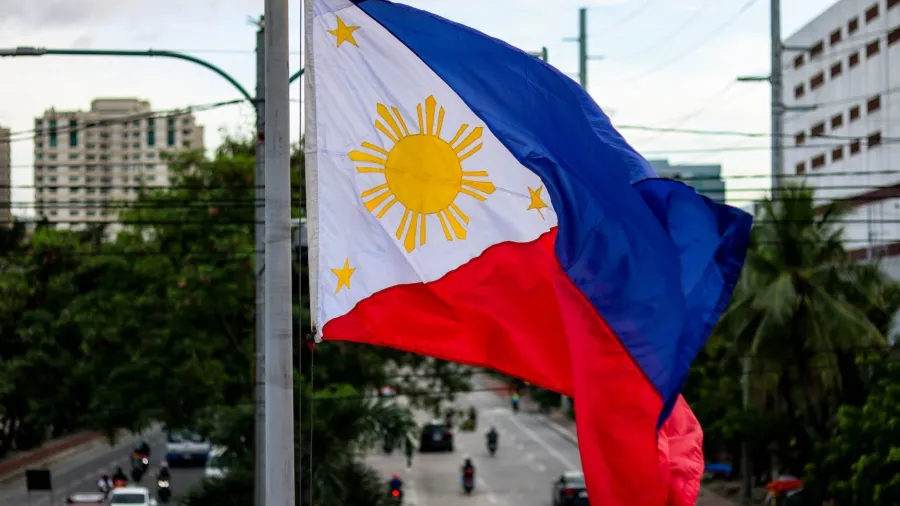
Philippine central bank amends policy on bounced checks
It has also reintroduced the Intraday Settlement Facility for banks.
The Philippines has issued amendments to its regulations regarding bounced checks and the rollout of the Intraday Settlement Facility.
Under the new guidelines, banks may return high-value, not sufficient funded (NSF), and defective checks to the presenting bank on the same day that they are deposited. Previously, banks had until the next day to return bounced and defective checks to the presenting bank.
Banks will still be allowed to return NSF and questionable checks the next banking day, but settlement will no longer be backdated.
Banks shall also no longer be allowed to incur overdrafts, or to draw funds exceeding what a bank’s demand deposit account (DDA) holds. With this, banks no longer need to tap the BSP’s Overdraft Credit Line (OCL).
The new check policy will be implemented by the end of January 2024.
ALSO READ: Singapore warns of scammers impersonating central bank officers
Apart from the new check policy, the central bank also announced that it is reintroducing the PhilPaSSplus Intraday Liquidity Facility, now known as the Intraday Settlement Facility (ISF), which allows banks to obtain funds from the central bank to prevent gridlocks due to timing mismatch in the settlement of payments in the PhilPaSSplus.
The ISF regulation will be implemented in 3 months’ time.
The transitory period will allow banks to make appropriate internal changes in compliance with revised regulations. Upon the lapse of said period, BSP shall close the OCL and the ISF shall become the sole central bank-operated funding facility.
The Bangko Sentral ng Pilipinas (BSP) said in a press announcement that the amended check policy ensures certainty of funds transfer from the check issuer to the payee, enabling better fund management amongst check users, and improving the check clearing and settlement system.



















 Advertise
Advertise











